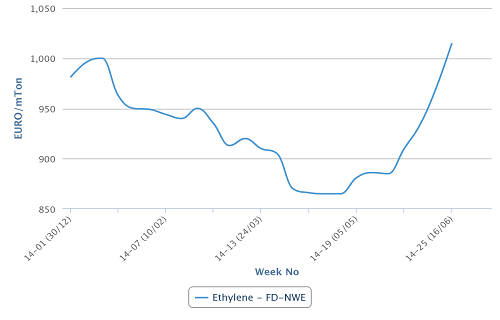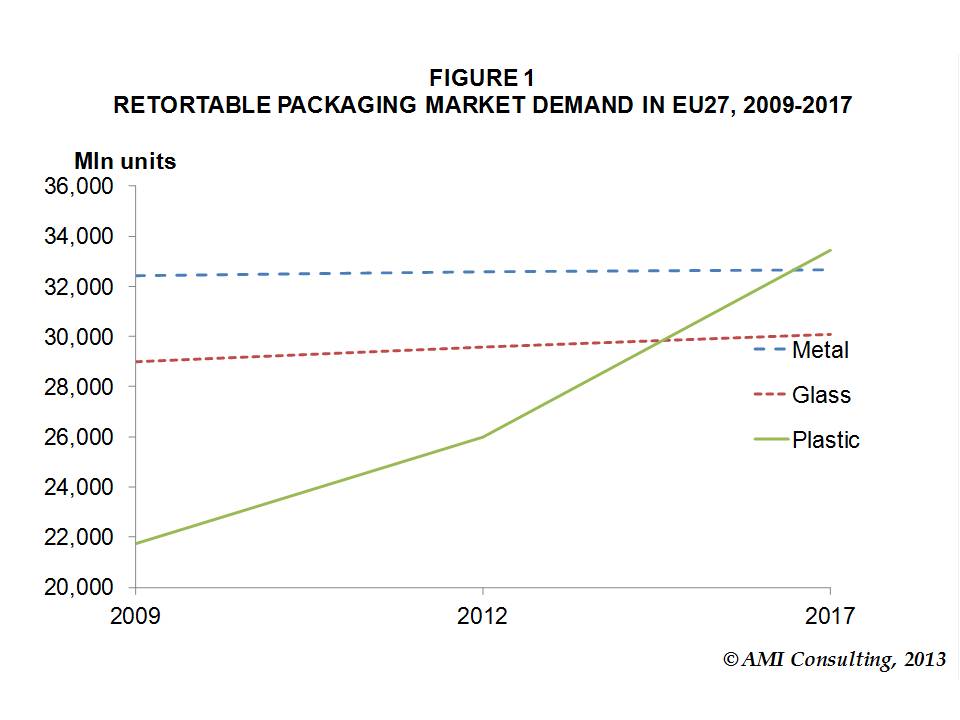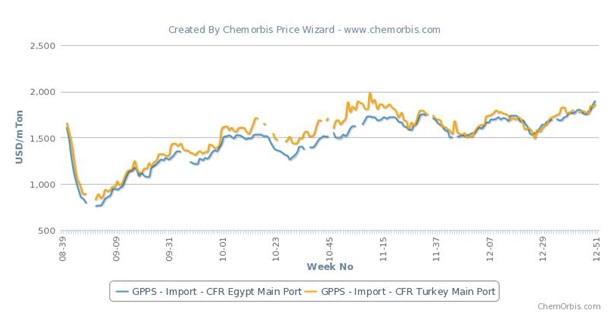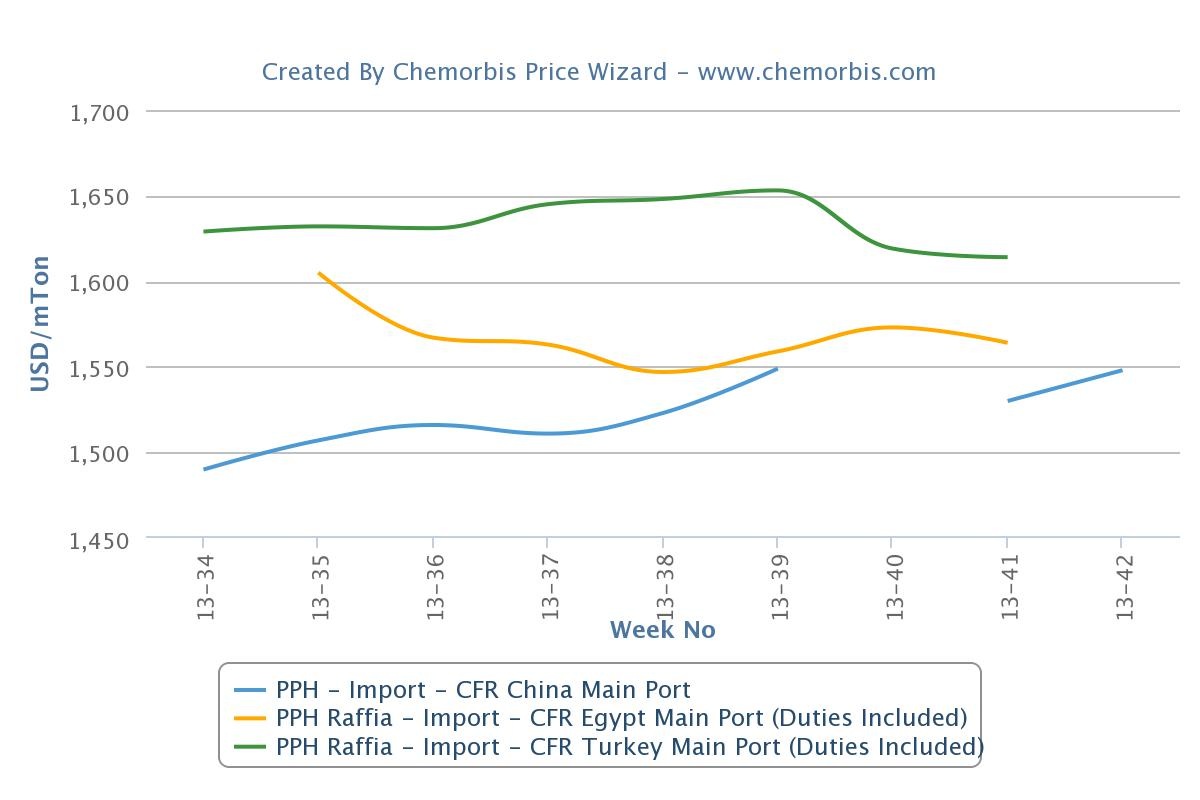Oil fell to a two-week low in New York on concern the earthquake in Japan will limit demand in the world’s third-largest economy.
Prices have dropped 5.6 percent since March 7, retreating for five days in the biggest decline since the period ended Feb. 7. Japan was struck by its largest temblor ever recorded on March 11, shutting refineries accounting for about 29 percent of domestic processing capacity, according to Bloomberg calculations based on Petroleum Association of Japan data. Canon Inc., Sony Corp. and Nippon Steel Corp. have halted operations at manufacturing facilities.
“With the closure of the factories and refineries in Japan we can expect the oil price to take a hit,” said Ben Le Brun, an analyst at CMC Markets based in Sydney. “It’s not good for their near-term growth prospects.”
Oil for April delivery fell as much as $1.98, or 2 percent, to $99.18 a barrel on the New York Mercantile Exchange, the lowest intraday price since March 1. It was at $99.58 at 1:36 p.m. Singapore time. The contract tumbled $1.54 to $101.16 a barrel on March 11, the lowest settlement since March 1. Prices are up 25 percent from a year ago.
Brent oil for April settlement on the London-based ICE Futures Europe exchange dropped as much as $2.68, or 2.4 percent, to $111.16 a barrel, the lowest intraday level since Feb. 25. The contract fell $1.59, or 1.4 percent, to $113.84 on March 11.
Japan was struck by an 8.9-magnitude temblor that unleashed a 7-meter (23-foot) tsunami that may have killed 10,000 people in the north of the country.
Japan Refineries
JX-Nippon Oil & Energy Corp. closed refineries in Sendai, Kashima and Negishi in Tohoku, or northeast region, of the country. The plants have combined processing capacity of about 600,000 barrels a day. Cosmo Oil Co. has shut its 220,000 barrel Chiba facility following fires at liquefied petroleum gas storage tanks. Kyokuto Petroleum Industries Ltd. has shuttered its 175,000 barrel-a-day facility in Ichihara near Tokyo. TonenGeneral Sekiyu K.K. said March 11 that it halted the major units at its 335,000 barrel Kawasaki plant.
The closures have affected about 1.3 million barrels a day of capacity, or 29 percent of the country’s total of 4.516 million, based on data from the Petroleum Association of Japan.
Japan consumed 4.42 million barrels a day of oil in 2010, according to data from the International Energy Agency’s Feb. 10 Monthly Oil Market Report. China used 9.39 million barrels and the U.S. consumed 19.25 million, the agency said.
“Disruptions to refineries and their supplies will quickly eat into global demand for crude oil,” said Villanova, Pennsylvania-based analysts The Schork Group Inc. in a report today. “The net effect is that three of Japan’s five largest refineries have been shut down.”
Mideast Unrest
Oil fell 3.1 percent in New York last week, the first weekly drop in a month, following the disaster in Japan. Futures have surged 9.2 percent since Jan. 14, when the president of Tunisia was ousted in the first of the unrest that has rocked the Middle East and North Africa, including Saudi Arabia’s neighbors Yemen, Oman and Bahrain. Prices touched a 29-month high of $106.95 a barrel in intraday trading March 7.
Futures prices also eased last week after a planned series of protests in Saudi Arabia, the so-called “Day of Rage,” was prevented by police deployments in the capital of Riyadh and other cities.
“That planned Day of Rage was a non-event as far as I’ve heard and that seemed to help ease the oil price,” said CMC’s Le Brun. “Still, there are ongoing tensions in Yemen, Bahrain and Iran and that will put a floor under the oil price.”
Hedge Fund Bets
Hedge funds’ bullish oil bets rose to an all-time high for a third straight week as concerns about supplies increased amid fighting in Libya and the threats of protests in Saudi Arabia.
Large speculators and funds increased net-long positions, or wagers on higher prices, by 2 percent in the seven days ended March 8 to 311,632 futures and options, the most in records dating back to June 2006, according to the Commodity Futures Trading Commission’s weekly Commitments of Traders report. The total has jumped 68 percent since Feb. 15.
The CFTC data only reflect positions taken through March 8, so wouldn’t include any changes since the Japan earthquake.
Source : www.bloomberg.com








